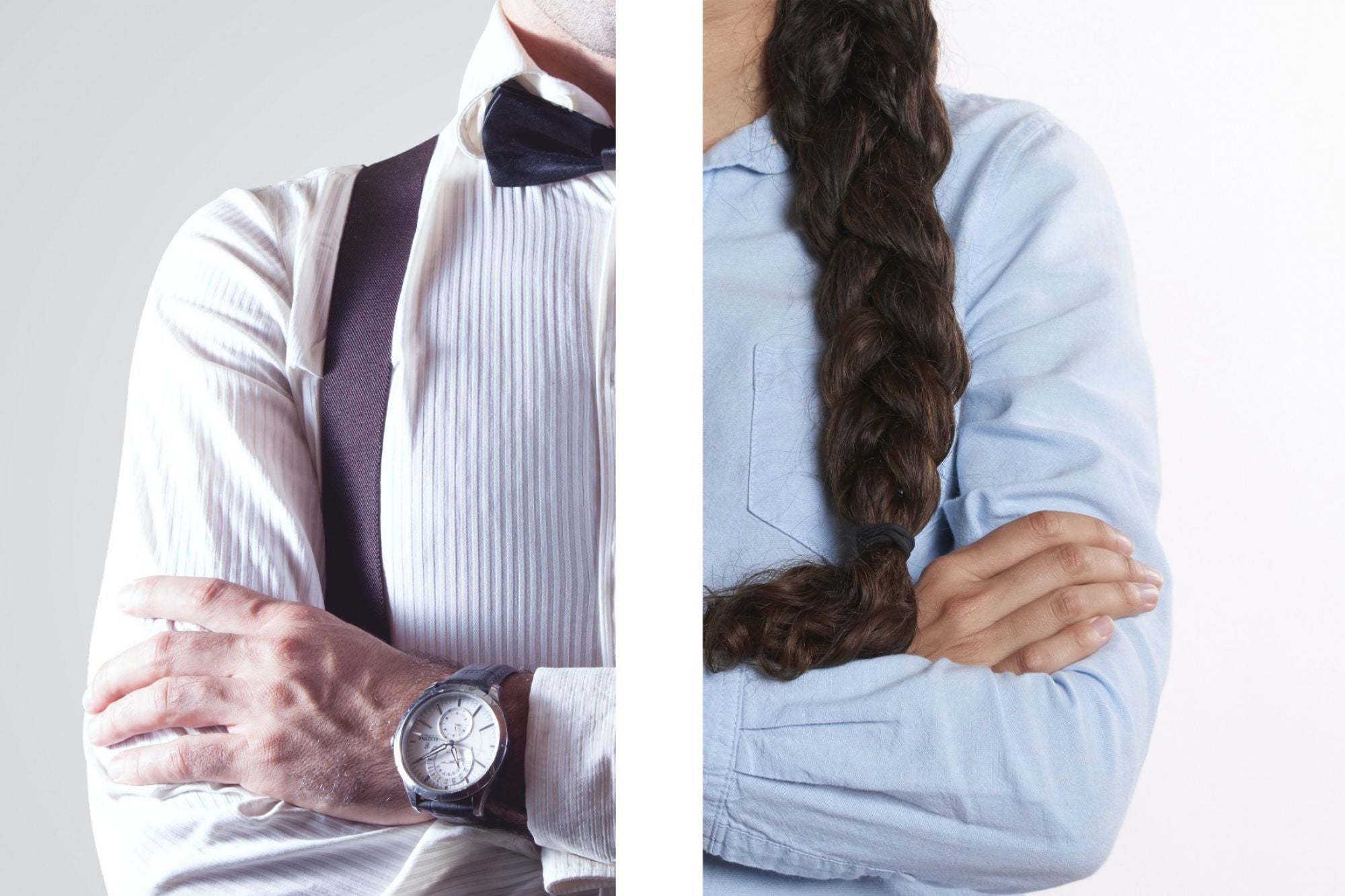The Philippines is the Best Asian Country To Be In For Women According to a recent report, the country rose two notches from its place last year due to an increase in wage equality for similar work and in women's estimated earned income
By Nidhi Singh
Opinions expressed by Entrepreneur contributors are their own.
You're reading Entrepreneur Asia Pacific, an international franchise of Entrepreneur Media.

The issue of gender equality has been debated at length at workplaces and beyond. A gender equal country means men and women enjoy equivalent rights and opportunities. However, in most countries, women continue to earn a lot less than men. In Asian market, the Philippines is the most gender-equal country. According to World Economic Forum's (WEF) latest Global Gender Gap Report, the country topped the gender equality rating in Asia.
The index, which was first published in 2006, benchmarks 149 countries on their progress toward gender parity across four thematic dimensions: economic participation and opportunity, educational attainment, health and survival, and political empowerment.
Asia's Most Gender Equal Country
The Philippines, which was ranked tenth in the list last year and took significant strides to take the eighth spot in this year's list, closing just under 80 percent of its overall gender gap, the highest value for the country ever recorded by the Index.
"The country manages to narrow its economic participation and opportunity gender gap due to increase in wage equality for similar work and women's estimated earned income. The country's health and survival gender gap remains open for a second year, although its educational attainment gender gap remains fully closed," states the report.
Meanwhile, the most gender-equal country to date is Iceland. It has closed over 85 percent of its overall gender gap. Iceland is followed by Norway (83.5%), Sweden and Finland (82.2%). Although dominated by Nordic countries, the top ten also features a Latin American country (Nicaragua, 5th), two Sub-Saharan African countries (Rwanda, 6th, and Namibia, 10th). The top ten is completed by New Zealand (7th) and Ireland (9th).
Women In AI
It is safe to say that artificial intelligence (AI) has the whole world buzzing. With the rapid changes underway in today's labor markets, the report took a look at gender gaps in AI, a critical in-demand skillset of the future. Based on collaboration with LinkedIn, the report found that only 22 percent of AI professionals globally are female, compared to 78 percent who are male. This accounts for a gender gap of 72 percent, which has remained constant over the past years and does not at present indicate a positive future trend.
"The implications of this finding are wide-ranging and require urgent action. First, AI skills may worsen gender gaps in economic participation and opportunity in the future as AI encompasses an increasingly in-demand skillset. Second, the AI skills gender gap implies that the use of this general-purpose technology across many fields is being developed without diverse talent, limiting its innovative and inclusive capacity. Third, low integration of women into AI talent pools — even in industries and geographies where the base of IT talent has a relatively high composition of women — indicates a significant missed opportunity in a professional domain, where there is already insufficient supply of adequately qualified labour," the report elucidates.










